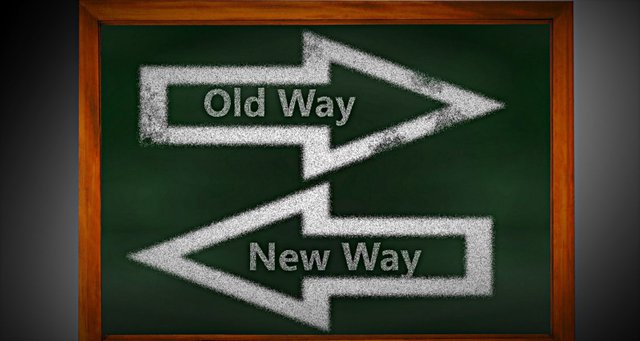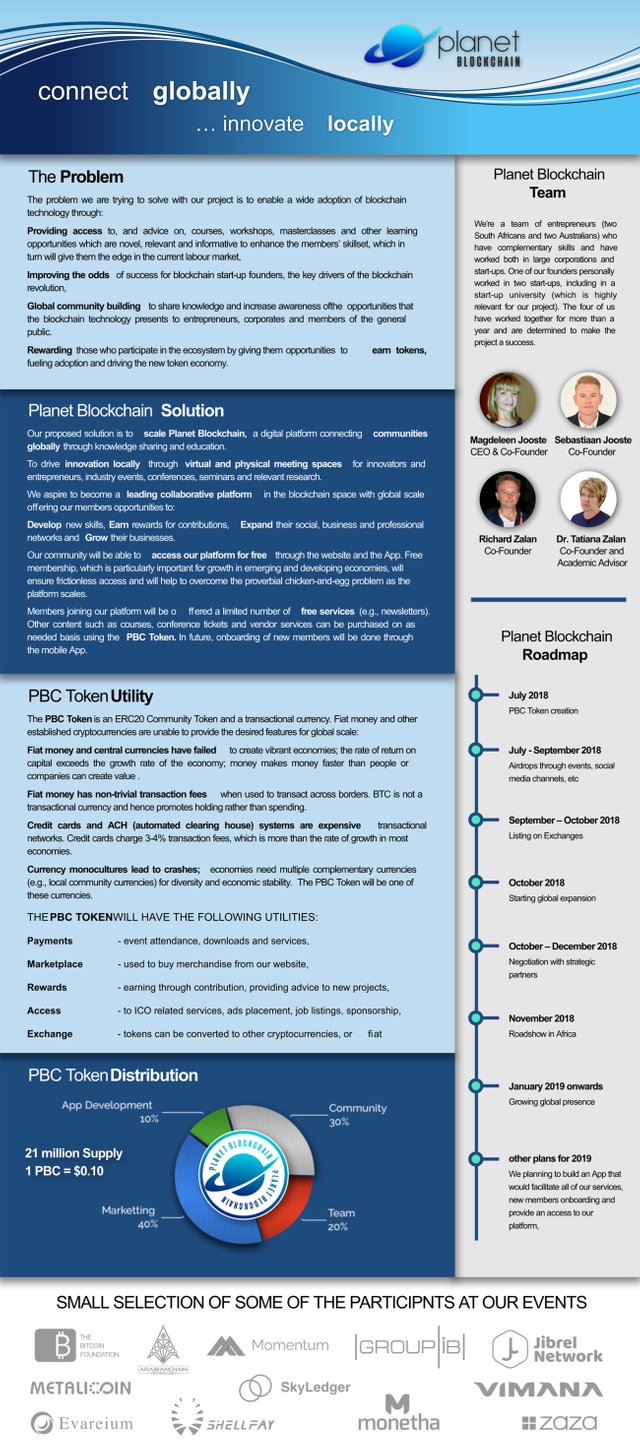A Case for Community Token Offering and Why Communities Should Care
The Heady Days of ICOs
The notion of an ICO — Initial Coin Offering — is something that most in the blockchain space are familiar with. Richard Kastelein, the founder of Blockchain News, was one of the first to bring ICOs into the spotlight in his 2017 Harvard Business Review article describing them as a new fundraising mechanisms. This mechanism represents a financial innovation as a result of a convergence of blockchain technology, new wealth, clever entrepreneurs and crypto-investors backing blockchain projects which raise funds by creating their own cryptocurrencies (tokens / coins). Projects offer discounted rates on these digital assets in pre-ICO rounds before they go to cryptocurrency exchanges. The investors can then chose to cash out to a fiat currency or another cryptocurrency early on or hold until the currency’s price raises (hopefully).
As a way to raise funds, ICOs have similarities — as well as differences — with traditional venture capital and crowdfunding. In the early days ICOs’ advantages included relative ease and speed of raising money (for a project that was, in many cases, at a concept stage backed by a minimalistic white paper), no oversight by investors (e.g., through a board seat) and, most importantly, high liquidity (which distinguished ICOs from both VC and crowdfunding). Many investors enjoyed extraordinary returns: for example, an analysis of 232 ICOs by Mangrove Capital partners in 2017 concluded that if one invested blindly in every ICO, including the ones that failed, this still would have delivered a 13.2x return (cf. 10% S&P average returns). Some investors in the heady days of ICOs reaped 50,000% returns. A recent academic study of over 4,000 ICOs found that an average ICO investor earned 82%, reflecting high compensation for risk associated with investing in unproven pre-revenue projects.
As the regulatory environment changed by mid 2018 and investors became more sophisticated, with less appetite for pre-MVP (minimum viable product) projects, many of these advantages — alongside with spectacular returns — disappeared. The majority of ICO tokens (nearly 60%) became worthless four months after the ICO crowdsale. Many high-profile industry participants — including Ethereium’s co-founder Vitalik Buterin and Coinbase’s Brian Armstrong– are advocating for a shift from the crypto investment and speculation phase fuelled by expectations of extraordinary returns to the utility phase, when tokens are actually being used in real-world economic activity and in a way stipulated in the white paper. It is quite telling that when Fred Wilson of USV ran a poll on the use of the Brave browser (the BAT project), nearly 80% of those polled said they did not use it.

Source: Creative Commons
Enter Community Token Offering (CTO)
Utility and wide adoption is precisely what we at Planet Blockchain are trying to achieve with our community token, PBC. The token gives our community access to physical goods (though a marketplace), content and services (e.g., the community will be able to pay for events and conferences and earn tokens for contributing content). Some of these products already exist, others will be included at a later stage in collaboration with strategic partners. Community tokens are nothing new and are certainly not the invention of the blockchain space — currently there are some 3000–5000 local complementary currencies in circulation predating cryptocurrencies. Bancor is perhaps the best known example of a blockchain project launching a network of user-generated cryptocurrencies to achieve important socio-economic objectives in economically disenfranchised places.
We decided against a traditional ICO with this particular project, as the process in today’s environment has become complicated due to legal compliance and marketing costs and often undemocratic, preventing an equitable distribution of possible gains amongst a wide pool of early investors and users. The main difference between the mainstream ICO model and our CTO is that we seek to distribute the PBC token (ERC-20 token) as widely as possible to our global community members while also ensuring liquidity on exchanges. Available evidence on the vast majority of ICOs to date suggests that neither wide community distribution nor listing on exchanges appear to be the case, thus hindering the adoption and diffusion of the revolutionary technology. And without community, there is no liquidity. Naval Ravikant, AngelList founder, has recently emphasized the critical importance of crypto community building: “The top two skillsets for blockchain entrepreneurs, in order: Technology development. Community development. That’s it”.
Our token distribution — 100,000 tokens (worth US$ 20,000) will be given away to the first 10,000 participants — will be achieved in several ways, including AirDrop Campaigns on Telegram and coin draws during our events.
As the ICO model and financial markets continue to evolve despite the recent turbulence, we are likely to see other viable and more equitable models of fund raising and token distribution. Meanwhile, we encourage everyone to take advantage to participate in the emerging crypto economy. Why should communities care? Tokens are a classic network effect: as more people use them more frequently, the tokens and the networks they are built on become more valuable. We look forward to continuing this exciting journey with our global community.
YouTube CTO video:
Our website: www.planetblockchain.io
Our past events: https://planetblockchain.io/events/
About our token: 
Video announcement of the airdrop: